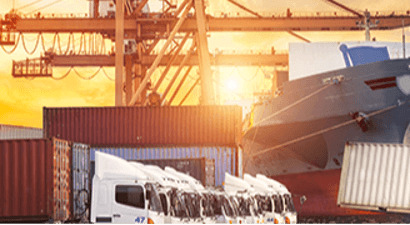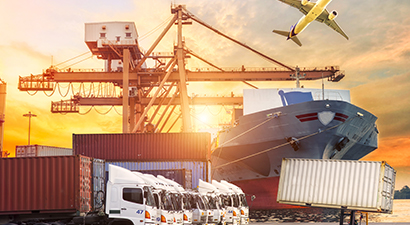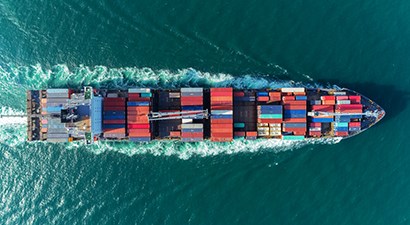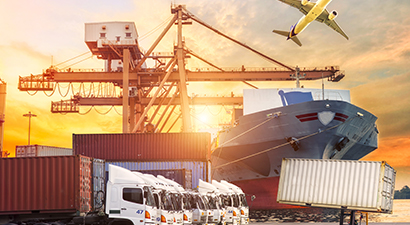Continued Port Delays in Cape Town Lead DAL to Temporarily Discontinue its Direct Service
As port delays in Cape Town persist, it has been reported in South Africa’s Freight News (published by Freight Trade Weekly) that shipping line DAL Deutsche Afrika-Linien (or DAL) has taken the decision to temporarily discontinue its direct service to Cape Town.
DAL Agency reported that the shipping line has decided to bypass the Port due to continued throughput delays and that the line “will not be calling at the port at all on [its] main service anymore”. As a contingency measure, a feeder service has been put in place between Cape Town and Port Elizabeth.
With Cape Town being hardest hit by the COVID-19 virus, the port reportedly has an insufficient complement of staff to effectively work the port, with operational staff staying at home due to fears of infection. A further criticism levied at the Port was the lack of communication to all stakeholders regarding the delays, although when asked for comment the Port indicated that it was doing all it could to address the backlog created by the lack of staff and the buildup of cargo at the terminals.
As noted by DAL Agency’s representative, David McCallum, the “situation is certainly not ideal and has forced us to rely on contingency measures” particularly as stakeholders “are in the middle of the reefer season”.
In March 2020 the Citrus Growers’ Association of Southern Africa (CGA) indicated that Southern Africa was expected to export a record 143,3 million cartons of citrus fruit to more than 100 countries which would equate to a 13% increase compared to 2019 (when 126,7 million cartons were exported). Income expected from the increased exports was set at R20 billion with a job creation of 120,000, all of which would “contribute towards government’s goal of increased agricultural exports over the next few years”, said the CGA.
Given the strategic importance of the port to the citrus industry, not to mention the value of the citrus industry to the South African economy, it is hoped that Transnet are able to address the concerns of stakeholders in a timely fashion. Failure by the parastatal to do so, would run counter to the government’s stated Maritime Transport Policy published in March 2017, in terms of which South Africa remains committed to building a strong maritime sector which contributes to the country’s economic growth.





